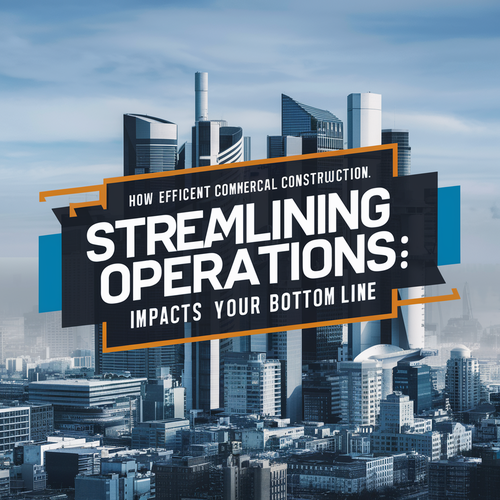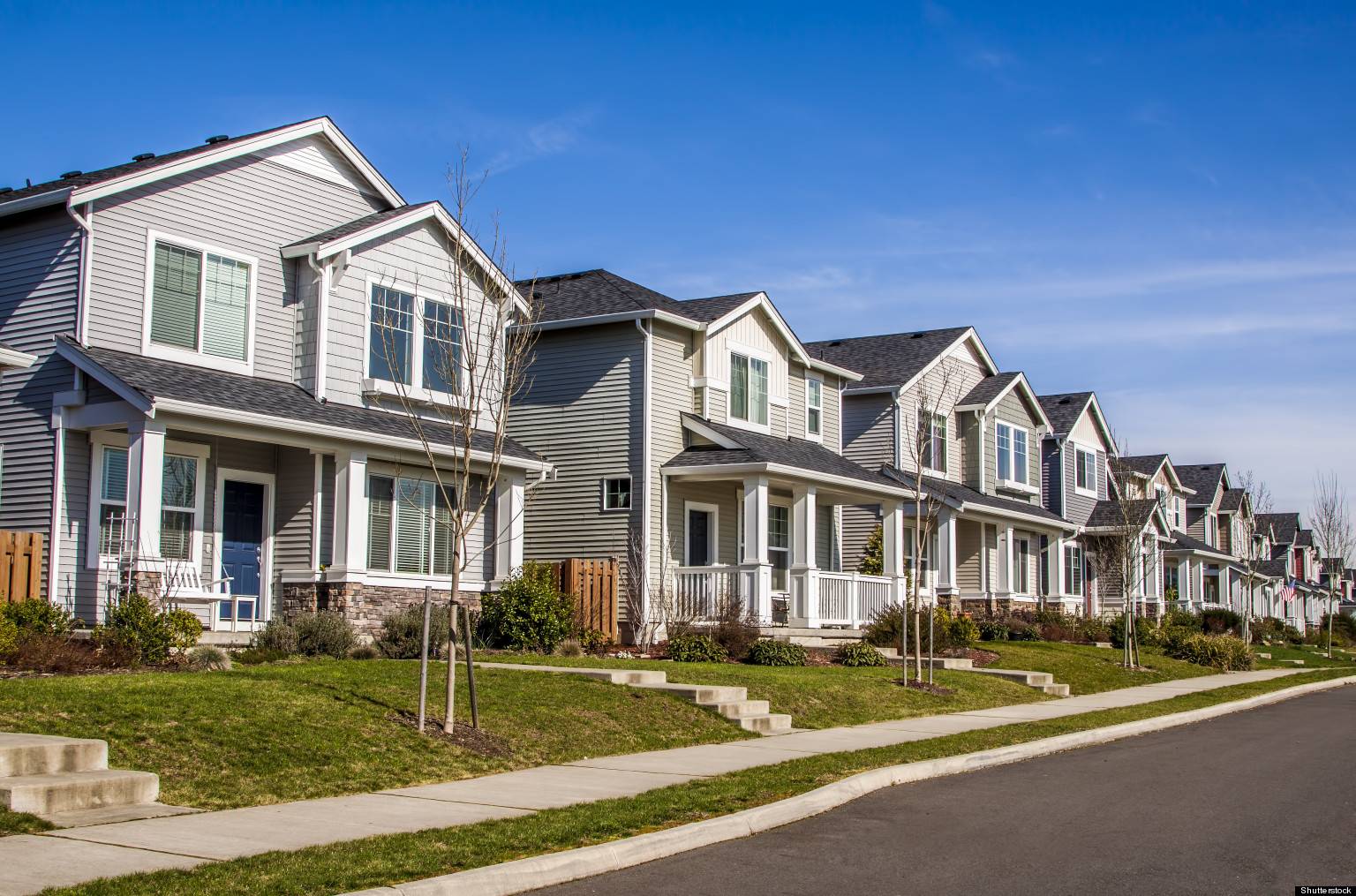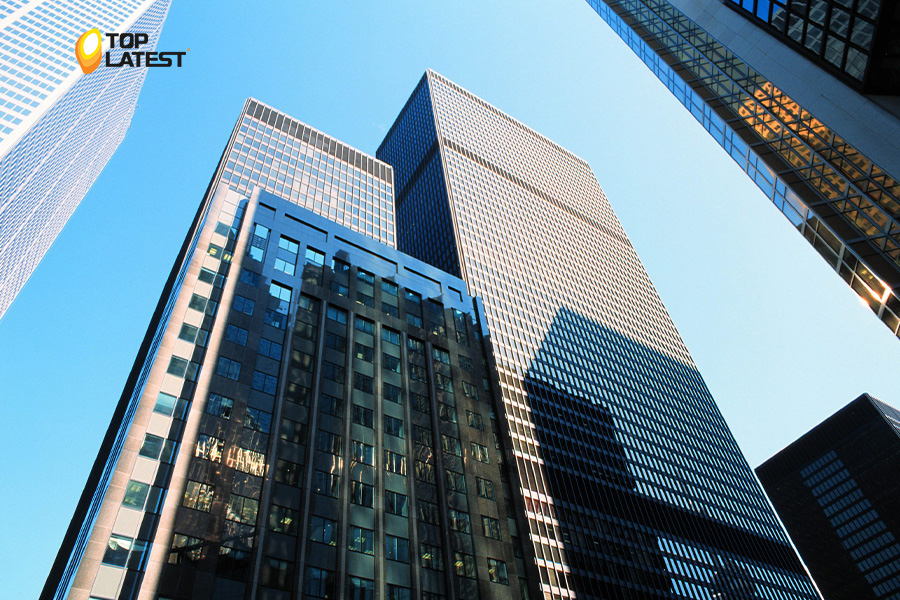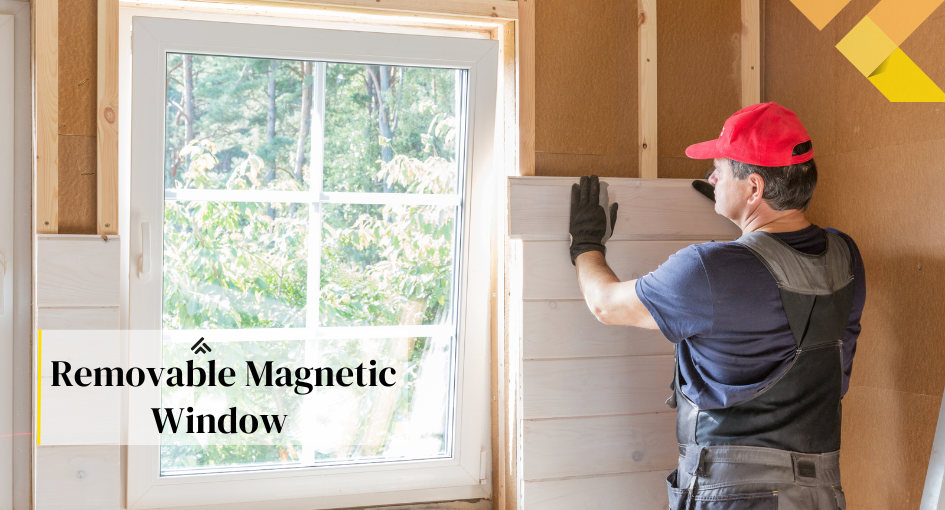In today’s competitive business environment, efficiency is key to maintaining a healthy bottom line. Efficient commercial construction is more than just a trend; it’s a strategic approach that can significantly enhance your operational efficiency, reduce costs, and boost profitability. This article explores the various ways efficient commercial construction impacts your bottom line and why investing in it is a smart business decision.
Understanding Efficient Commercial Construction
Efficient commercial construction involves the strategic planning, design, and execution of building projects to maximize functionality, minimize waste, and optimize resources. It focuses on creating buildings that support streamlined operations and cost-effective maintenance.
Relevance to Business Success
Efficient construction practices can lead to reduced project timelines, lower operational costs, and enhanced sustainability. These benefits directly contribute to a stronger bottom line, making it an essential consideration for any business planning a construction project.
Key Strategies for Achieving Efficiency in Commercial Construction
Smart Design and Planning
Integrated Project Delivery
IPD is a collaborative approach that integrates all stakeholders early in the design process, ensuring that the project meets efficiency goals from the outset.
Lean Construction Techniques
Lean construction techniques focus on minimizing waste and maximizing value throughout the construction process. This includes efficient use of materials, labor, and time.
Advanced Technology Integration
Building Information Modeling
BIM technology allows for precise planning and visualization, reducing errors and rework during construction. It enhances coordination among various stakeholders, ensuring a smoother construction process.
Prefabrication and Modular Construction
Using prefabricated components and modular construction methods can significantly reduce construction time and costs, leading to faster project completion and lower labor expenses.
Sustainable Building Practices
Energy-Efficient Designs
Incorporating energy-efficient designs and systems reduces long-term operational costs by lowering energy consumption. This includes the use of natural lighting, insulation, and energy-efficient HVAC systems.
Sustainable Materials
Using sustainable materials not only supports environmental goals but also often results in long-term cost savings due to their durability and lower maintenance requirements.
Benefits of Efficient Commercial Construction
Cost Savings
Reduced Construction Time
Efficient construction practices can significantly shorten project timelines, reducing labor costs and allowing businesses to start operations sooner.
Lower Operational Costs
Energy-efficient buildings and optimized layouts reduce utility bills and maintenance costs, directly impacting the bottom line.
Enhanced Productivity
Optimized Workspaces
Efficiently designed workspaces enhance employee productivity by providing a comfortable and functional environment. This includes ergonomic furniture, effective space utilization, and optimal lighting.
Improved Workflow
Streamlined layouts and modern infrastructure support efficient workflows, reducing downtime and improving overall operational efficiency.
Sustainability and Brand Image
Environmental Responsibility
Sustainable construction practices not only lower operational costs but also enhance your brand image by demonstrating a commitment to environmental responsibility.
Market Differentiation
A focus on efficiency and sustainability can differentiate your business in the market, attracting eco-conscious customers and partners.
Case Studies of Efficient Commercial Construction
Tesla Giga factory
Tesla’s Giga factory in Nevada is a prime example of efficient commercial construction. The factory uses sustainable materials, advanced manufacturing techniques, and renewable energy sources to create a highly efficient production facility.
Amazon Fulfillment Centers
Amazon’s fulfillment centers utilize advanced robotics, modular construction, and energy-efficient designs to streamline operations, reduce costs, and improve delivery times.
Challenges and Solutions in Efficient Commercial Construction
Budget Constraints
Strategic Planning
Careful planning and prioritization of efficiency measures can help manage budgets while achieving significant savings in the long term.
Value Engineering
Value engineering involves analyzing project components to ensure cost-effective and efficient solutions without compromising quality.
Regulatory Compliance
Navigating Regulations
Staying informed about local building codes and regulations is essential for achieving efficiency without facing legal setbacks.
Leveraging Incentives
Many regions offer incentives for sustainable and efficient building practices. Leveraging these incentives can offset initial costs and enhance the financial viability of the project.
Technological Integration
Keeping Up with Innovations
Staying updated with the latest technological advancements ensures that your construction project benefits from the most efficient and effective solutions.
Training and Development
Investing in training for staff and contractors on new technologies and methods ensures seamless integration and optimal use of innovative solutions.
Future Trends in Efficient Commercial Construction
Smart Buildings
The future of commercial construction lies in smart buildings equipped with IoT devices and automated systems that enhance operational efficiency and reduce costs.
Advanced Prefabrication Techniques
Advancements in prefabrication and modular construction will continue to drive efficiency, allowing for faster, more cost-effective building processes.
Renewable Energy Integration
Incorporating renewable energy sources such as solar and wind power into commercial construction projects will further enhance sustainability and reduce long-term operational costs.
Efficient industrial construction and commercial construction is a powerful strategy for enhancing operational efficiency, reducing costs, and improving your bottom line. By embracing smart design, advanced technologies, and sustainable practices, businesses can create buildings that not only support their current needs but also adapt to future demands. Investing in efficient construction is not just about saving money; it’s about building a foundation for long-term success and sustainability.





